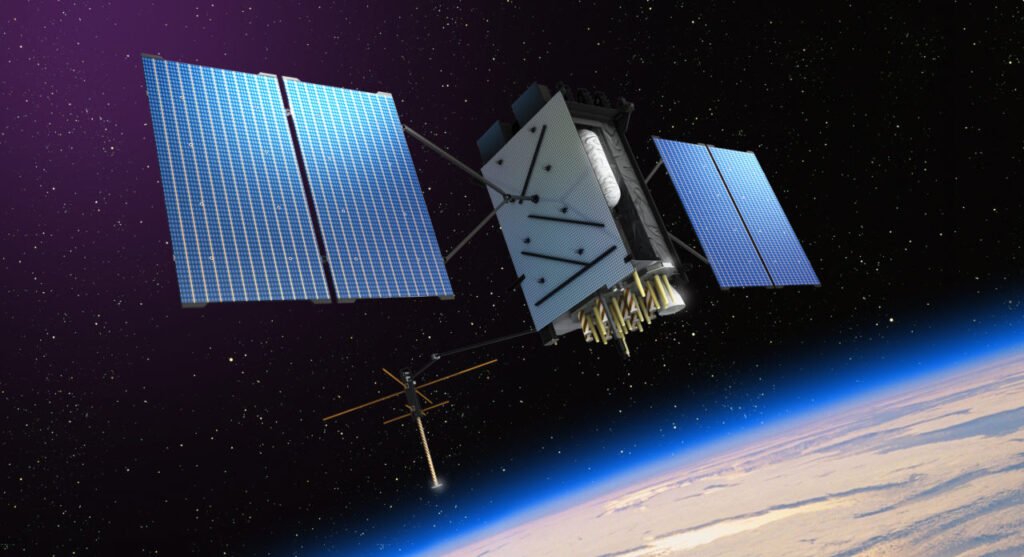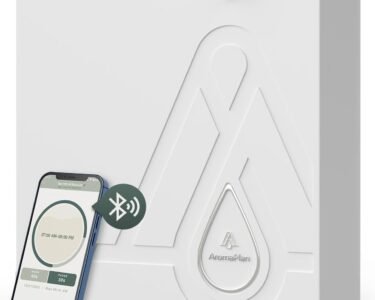In our fast-paced world, where time and precision are paramount, Global Positioning System (GPS) has become an indispensable tool. From navigating unfamiliar roads to tracking a lost phone, GPS Applications play a crucial role in pinpointing locations accurately.

GPS, or Global Positioning System, is a satellite-based navigation system that enables users to determine their precise location and track movement anywhere on Earth.
Importance of GPS in Everyday Life
From guiding travelers to assisting emergency services, GPS has become an integral part of our daily lives, revolutionizing the way we navigate and interact with the world.
History of GPS
A. Origin and Development
The journey of GPS began in the late 20th century when the United States Department of Defense launched the first satellite. Over the years, GPS has evolved from a military tool to a universally accessible technology.
B. Evolution of GPS Technology
Advancements in satellite technology, signal processing, and miniaturization have contributed to the continuous improvement of GPS devices, making them more accurate and accessible.
Components of GPS
A. Satellites
GPS relies on a network of orbiting satellites that transmit signals to Earth, allowing devices to calculate their precise location.
B. Ground Control Stations
Ground control stations monitor and manage the constellation of satellites, ensuring accurate signal transmission.
C. User Devices
Devices like smartphones and GPS receivers receive signals from satellites and use them to calculate and display location information.
GPS Signals

A. Signal Transmission
Satellites broadcast signals containing time and location information, which are received by user devices.
B. Signal Reception by Devices
GPS devices use the received signals to calculate the distance from multiple satellites, enabling accurate location determination.
GPS Accuracy
A. Factors Influencing Accuracy
Various factors, including the number of visible satellites, signal interference, and atmospheric conditions, impact the accuracy of GPS readings.
B. Importance of Accurate GPS Data
Accurate GPS data is crucial for applications ranging from turn-by-turn navigation to precision agriculture and emergency response.
Trilateration Explained
A. Basics of Trilateration
Trilateration is the method used by GPS to determine a user’s location by measuring distances from multiple satellites.
B. Role in Pinpointing Locations
By intersecting the distance circles from different satellites, trilateration narrows down the user’s location to a specific point on the Earth’s surface.
A. Satellite Positioning
Satellites in orbit are meticulously positioned to provide maximum coverage and ensure a robust signal.
B. Data Processing in User Devices
User devices process the received signals and calculate the exact position using algorithms that take into account satellite orbits and signal travel time.
GPS Applications
A. Navigation Systems
GPS navigation systems guide users with turn-by-turn directions, optimizing routes for efficiency and convenience.
B. Tracking Devices
GPS-enabled trackers are used for monitoring vehicles, assets, and even individuals, providing real-time location updates.
C. Location-Based Services
Various applications, from weather forecasts to social media check-ins, utilize GPS data to enhance user experiences.
Advancements in GPS Technology
A. Real-Time Tracking
Technological advancements have enabled real-time tracking, allowing users to monitor movement instantaneously.
B. Augmented Reality Integration
GPS is increasingly integrated with augmented reality, enhancing user experiences by overlaying digital information on the real world.
Challenges in GPS
A. Signal Interference
GPS signals can be affected by interference from buildings, trees, or atmospheric conditions, leading to inaccuracies.
B. Environmental Factors
Natural phenomena like solar flares and geomagnetic storms can disrupt GPS signals, posing challenges to reliable navigation.
Future of GPS
A. Integration with Emerging Technologies
GPS is expected to integrate with technologies like 5G, IoT, and AI, opening new possibilities for applications and services.
B. Potential Improvements
Ongoing research aims to improve GPS accuracy further and overcome existing challenges, ensuring its reliability in diverse conditions.
Impact on Society
A. Positive Influences
GPS has positively impacted transportation, emergency response, agriculture, and countless other industries, enhancing efficiency and safety.
B. Concerns and Debates
Privacy concerns and debates around the military applications of GPS highlight the ethical considerations associated with this powerful technology.
Conclusion
A. Recap of Key Points
From its humble origins to its widespread use today, GPS has transformed the way we navigate and interact with the world.
B. Overall Significance of GPS Technology
The global impact of GPS on communication, transportation, and safety underscores its significance as a technological marvel.






